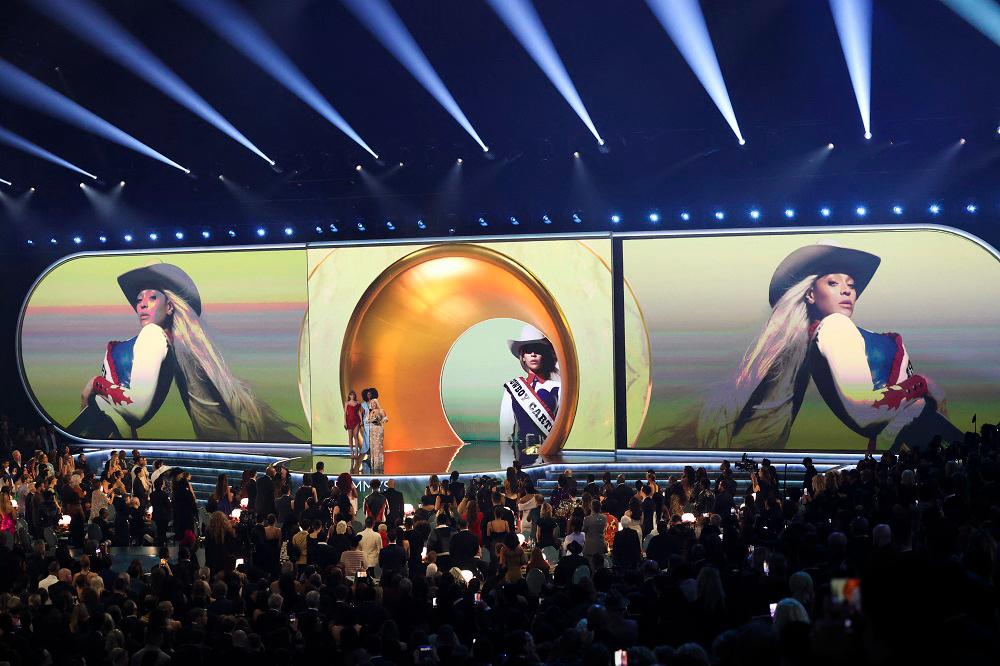FROM Kanye West and his wife Bianca Censori’s controversial red carpet appearance to Beyonce finally bagging Album of the Year, 2025 Grammys is one for the books.
The winning of diverse artistes signify a shift in listening behaviours as the glass wall, built by music elitists, is shattered to allow the natural growth of music and the rise of musicians from different backgrounds.
So, in the event of the 67th Annual Grammy Awards that took place in Los Angeles, California last Sunday, here are some highlights to keep you updated.
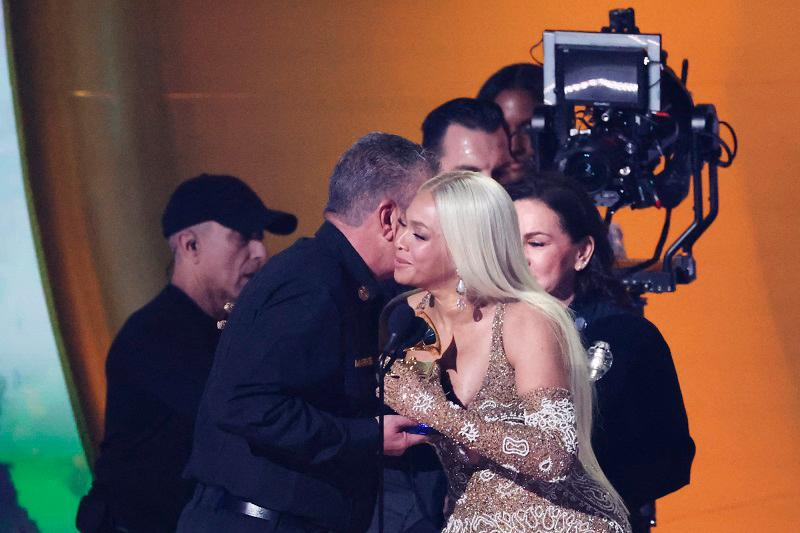
Beyonce’s big win
Countless fans have voiced their discontent online over the diva being snubbed of the prestigious award multiple times.
Despite being the most decorated Grammy artiste, the refusal to recognise Beyonce’s impact on the music industry reflects Hollywood’s discrimination of Black people, especially females, and the absence of minority representation.
So, it is only right the entire music fraternity bellowed in chorus as the Texas Hold ‘Em singer accepted her first (hopefully, not last) Album of the Year award for her album Cowboy Carter. The win makes Beyonce the fourth Black woman to have won the award after Natalie Cole (1992), Whitney Houston (1993) and Lauryn Hill (1999).
Symbolically, the now 35-time Grammy winner received the award from Taylor Swift, who also made a successful genre transition (country to pop). She also won Best Country Duo/Group Performance, an award she shares with Miley Cyrus.
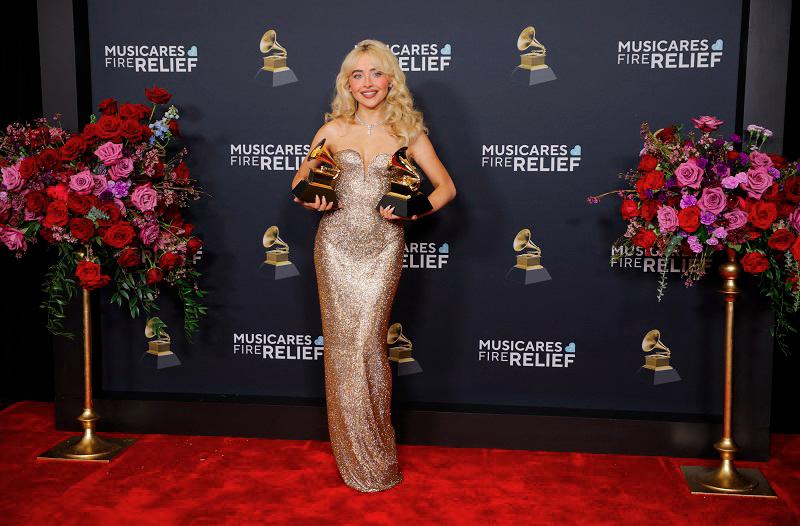
Female artistes on rise
There are many female artistes in the industry, but rarely are they recognised for their artistry.
Reduced to a “sex symbol” or “crazy celebrity”, as suffered by the likes of Lady Gaga, Britney Spears and Marilyn Monroe, female artistes were never allowed to flaunt their authentic, artistic self without being labelled.
Change is imminent and it is happening now as artistes such as Chappell Roan, Doechii, Sabrina Carpenter, Ariana Grande, Billie Eilish, Charli XCX, Shakira, Kacey Musgraves, Sza and more dominate the charts and nomination lists.
From the flirty Short ‘n Sweet (Carpenter) to the confrontational Alligator Bites Never Heal (Doechii), comes an era of unapologetic female artistes who revolt against the male gaze and boldly take space.
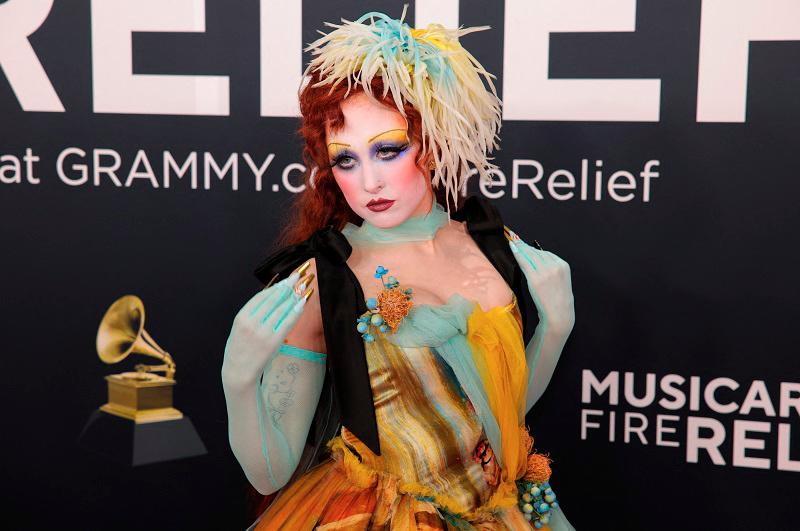
Sociopolitical mission
The Grammys stage has always been a platform for artistes to relay their political beliefs and last Sunday night was not any different.
After an uncanny turnout of the US presidential election, the country faced political turmoil as the far-right wing uprooted significant policies after taking control of the office.
As such, to show comfort and support, many artistes acknowledged the current political climate in the US during their speeches.
For instance, Shakira promised camaraderie in the fight against the looming threat of deportation as US immigrants face an uncertain future. Lady Gaga and Roan expressed support for the LGBTQ community after the 47th President Donald Trump signed executive orders proclaiming the country will only recognise two genders.
Roan also took the time to demand labels and the industry to pay their new artistes a livable wage and health care.
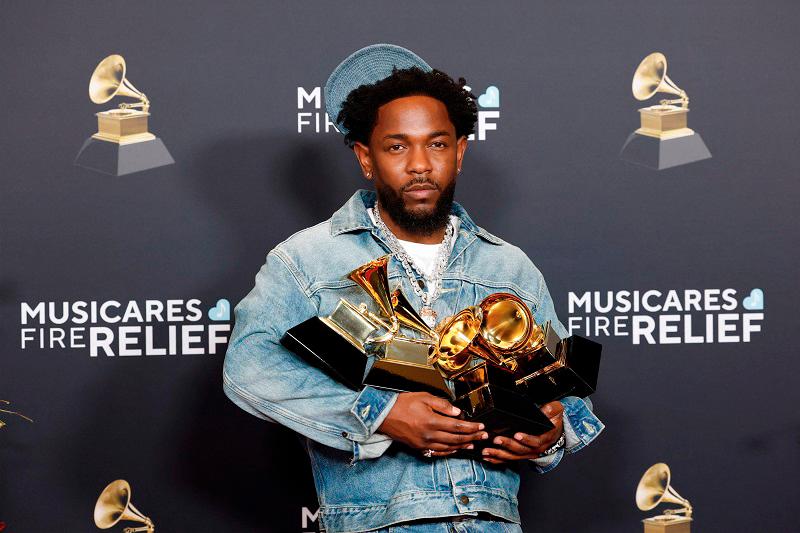
Lamar’s Not Like Us picks up five awards. – AFPPIC
Kendrick Lamar’s mic drop
The feud between Kendrick Lamar and Drake goes back many years when Drake was on everyone’s top 10 artistes and Lamar was an emerging rapper.
The rappers went from featuring in both of their songs to writing diss tracks about each other — and that’s when Lamar dropped his final blow Not Like Us, in which he called out Drake a paedophile with a gambling problem.
Winning five nominations (the Record of the Year, Song of the Year, Best Rap Performance, Best Rap Song and Best Music Video), the momentous night made him a 22-time Grammy winner.
Not long after Not Like Us dropped, Drake filed a defamation lawsuit against the Pulitzer laureate. Despite that, the diss track has since dominated music charts after debuting number one on the Billboard Hot 100 and now, winning almost every nominated award.
Read also: List of Grammy winners
With impactful performances such as a soulful Quincy Jones tribute, the event will be remembered for its representation that it has long eluded. After many years of overlooking Black artistes’ impact on music, the award show’s move to give them their flowers now may have been performative but it was crucial for representation.



